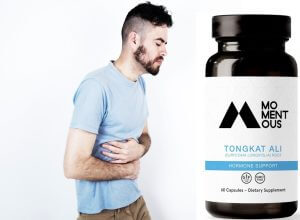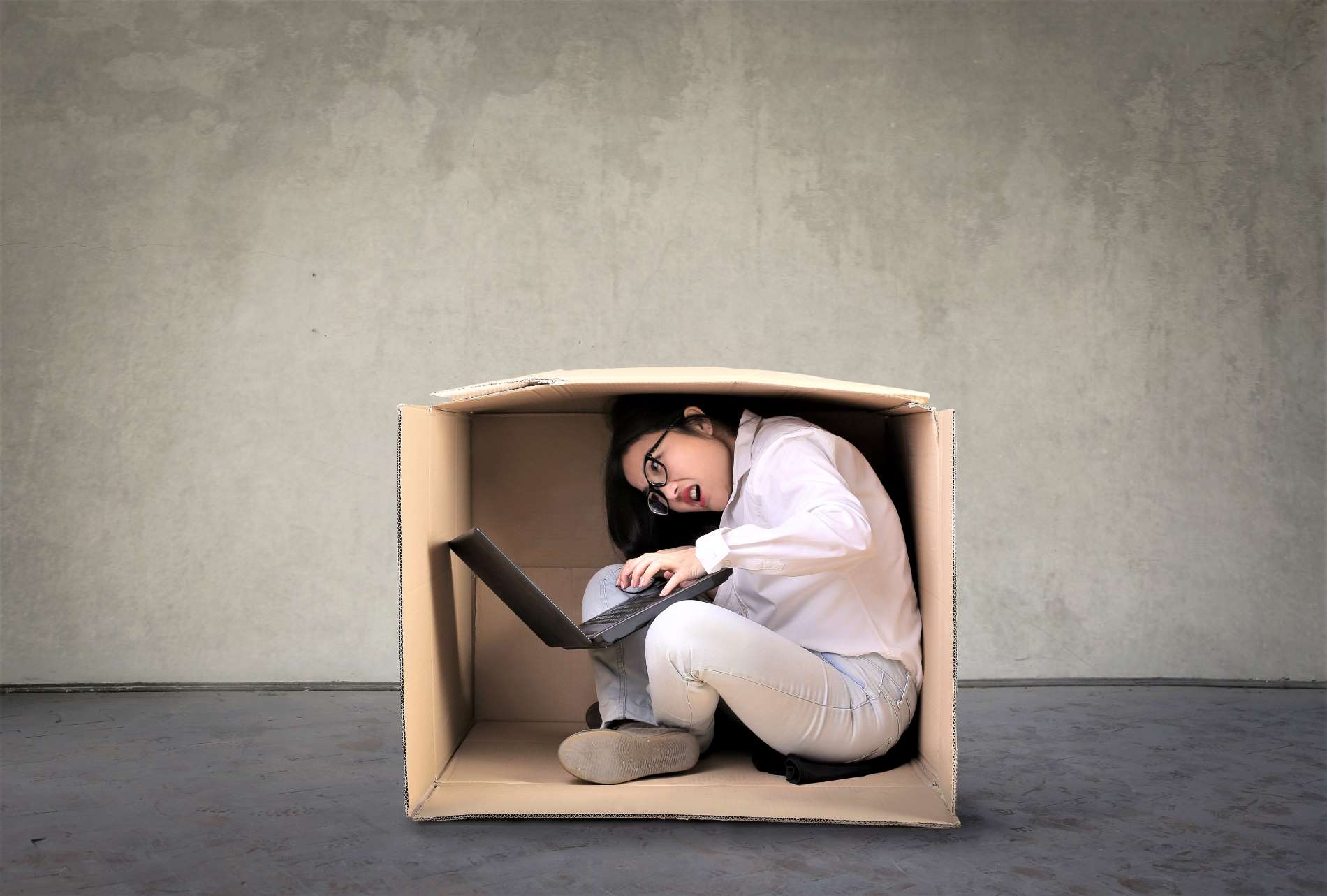

Coronavirus caused more casualties than Ebola and could potentially be worse than Spanish Flu pandemic in the 1900s with one of the highest transmission rates known to mankind. More than 190 countries are effected by COVID19, bringing the world economy to a near-grinding halt. As economic uncertainties continue to loom with unemployment numbers expected to rise in the next 3 to 6 months, this has caused more anxiety to many of us than the 2008 financial crisis.
The World Health Organization has acknowledged that the crisis is generating stress, and has advised people to avoid watching, reading or listening to news that causes feelings of anxiety or distress.
As a banker, I am not spared from this global pandemic caused coronavirus. From panic buying to panic savings, the global conversation by policy makers have shifted on the financial implications by household post-COVID19 and how we adapt in the New Norm.
The magnitude of impact from Coronavirus cannot be underestimated. What is less debated is the psychological impact on the state of health of the remaining working adults. We are talking about the state of mental health of individuals going through this global uncertainty – from anxiety to depression – more often than not undiagnosed or undetected as we go through the lockdown period.
"We know that the coronavirus and its impact are causing stress and worry for many people. If you already have a mental health problem, it’s possible that the worries of coronavirus may be affecting how you’re coping"
Stephen Buckley, Mental Health Charity Mind
Does it feel like you’re the only one experiencing anxiety in life especially going through this period of uncertainty and global panic? Or are you like me: always comparing your chaotic state of mind to other people’s outer calmness?
To that, I’d like to reinstate that you’re not alone, and you’re not the only one feeling the constant inner fear! Anxiety is actually a pretty common affliction.
According to the Anxiety and Depression Association of America (ADAA), anxiety disorders make for the most common mental illness diagnosed in the U.S. Approximately 40 million adults in the country are affected. It’s puzzling to think that only 36.9% of affected people would receive treatment for them, even when they are highly treatable.
In emerging countries like in Malaysia, the prevalence of anxiety is high, especially in contrast to lower levels of depression and stress. And it apparently affects a lot of medical personnel, compounded by gender; it was found that men are much more likely to experience anxiety compared to women.
But common folks are not sheltered from the slippery slopes of this condition. The 2017 National Health and Morbidity Survey revealed that 29% of the Malaysian population suffer from depression and anxiety, which is a spike from the 12% reported in 2011.
But before that….
There’s a lot of talk about anxiety these days, but what does it really mean to experience it? Simply put, anxiety is your body’s natural way of responding to stress. It is characterised by an intense fear of what’s coming next and can occur even when you consciously know that nothing bad will happen.
Take note that anxiety is a spectrum. There’s a difference between anxiety caused by external situations such as a coronavirus attack, a test, a job interview, or talking in public, and anxiety disorder.
Also, anxiety attacks and panic attacks may be used interchangeably, but they are not the same conditions. A panic attack is defined by the Diagnostic and Statistical Manual of Mental Disorders (DSM-5) as a sudden and unexpected event. An anxiety attack, meanwhile, isn’t recognised in the DSM-5, but anxiety is acknowledged as a common feature of various psychiatric disorders.
Think about the times that, in hindsight, you could classify as an anxiety attack. With enough self-observation, I have realized that I am most prone to anxiety spells whenever a work deadline looms (as a banker, daily deadlines are a reality).
But more on that later. First things first: you need to figure out if your anxiety is a response to an external event or if it’s clinical and more serious.
Common symptoms of anxiety that you can observe include:
But with some of these symptoms relating to other conditions, how can you truly know if you actually have a generalized anxiety disorder? Well, the first step to finding out is to get professional help and outlook from a qualified mental health expert.
To find out if herbal supplements is among the great tools you can utilise for your anxiety management, you need to first know your condition. Determine the type and level of your anxiety as well as the frequency of your attacks with the help of a certified psychiatrist.
There are two professionally accepted methods to measure anxiety, as explained below:
Referred to as the HAM-A for short, this scale is used widely in clinical and research settings. Comprising of 14 items to check for, the scale was developed to measure the extent of one’s anxiety by studying the intensity and degree of its symptoms.
Each observable item on the scale is defined by a set of specific symptoms and measures psychic anxiety (which is about mental agitation and psychological distress) from somatic anxiety (which refers to a patient’s complaints of anxiety-related physical sensations).
Another tool that is effective in measuring the level of one’s anxiety is the State-Trait Anxiety Inventory (STAI). Much like the HAM-A, this checklist is often used to diagnose anxiety clinical settings. But unlike the other scale, the STAI can distinguish anxiety disorders from depressive syndromes.
As you can see, the two measuring systems can appear similar but they are different from one another. The HAM-A is used to understand the link between the physical structure of a patient’s brain in relation to their anxiety diagnosis, whereas the STAI is much more closely related to personality traits rather than to limbic regions within the body.
Now, the fact that there are tools to measure anxiety shows that this condition is much more common than you think, despite how alone and crippled it can make you feel.
Now that we’re on the subject anxiety, I’ve noticed that depression is always mentioned together with anxiety when the latter condition is discussed. What’s the difference?
While you can experience anxiety and depression simultaneously, they are not always mutually exclusive. The two conditions are often lumped together because there is often an overlap of common symptoms such as trouble concentrating, lack of energy, and sleep problems. Also, it was found that 50% of people who are diagnosed with depression also suffer from an anxiety disorder.
The subtle nuances between the two conditions are hard to discern on your own and should thus be investigated by a psychiatrist. In my case, I sought therapy as soon as I realised that my anxiety attacks were getting more frequent and would occur even during working hours.
Throughout my exchanges with my doctor, I repeatedly expressed that I do not want to heavily on clinical solutions. As someone who works in the banking sector, I still needed to keep my focus and composure on the job. Besides talking therapy, he also suggested that I look into a holistic measure of managing, and ultimately, relieving my anxiety symptoms. One of the tools that I could utilise would be herbal supplements that are 100% natural and safe to use.
Herbal supplements are increasing popular in recent years and after seeking advice from experts and much contemplation from hours of research, I decided on Tongkat Ali – a herbal supplement from Eurycoma Longifolia plant that is rarely talked about.
Tongkat Ali is commonly known to help boost your energy levels and sexual drive, but do you know that it can also help you deal with anxiety and depression too? For herbal aficionados, you will find research papers from notable journals to claim reduction of anxiety, anger and depression after consuming Tongkat Ali.
As someone who is constantly anxious, I was initially skeptical of the herbal supplement’s supposed potential in providing mental relief and improve my mood. It wasn’t until I made a point to take the herbal supplement on top of going to therapy and changing my lifestyle, that I got better.
But how did I know Tongkat Ali could actually help my anxiety? At which point in my journey did I realize that not only am I an anxious bag of flesh but that the herbal supplement could actually help me improve my condition? These questions have been crucial in addressing the root of my condition.
You would be forgiven for feeling skeptical about this; after all, isn’t Tongkat Ali some sort of aphrodisiac? That it is, but it’s so much more.
Derived from a medicinal plant called longjack, or Eurycoma Longifolia, the herb is well researched and scientists discovered its ability to lower your stress and improve your mood.
Of course, consuming Tongkat Ali alone, however diligently, is not going to help you mitigate your anxiety symptoms. You have to couple it with a consistent exercise routine, which can expedite the regulation of your happy hormones. That’s what I did, and not only did I begin to see an improvement in my state of mind, I also felt good about being fitter in general.
Don’t forget to clean up your diet, too, as your digestive health is linked to your psychological health. You see, most of your hormones are produced in the gut, and unsurprisingly, research has found that anxiety is linked to stomach problems. So if the unhealthy foods you consume are triggering your digestive system to act up, they can also fuel your irrational fears and anxious thoughts.
Lastly, there is little point to your anxiety management if you do not sort through the emotional triggers that lead to stress, panic, and fear in your life. They could be anything, from overworking and financial problems to toxic relationships and negative belief patterns. With proper guidance from your therapist, you should be able to work through them and emerge renewed, with your anxiety under control.
As told to our AKARALI team.

Naressa Khan contributes regularly on AKARALI. As a writer and journalist, Naressa is all about creating, deconstructing, and reassembling meanings through words. With this approach always in mind, she eagerly explores the nuances in life via the aspects of lifestyle, culture, travel, health, and wellness.
One Response
Having anxiety is really no joke. So decided to change my lifestyle and exercise more to try lessen the anxiety. Along the way i started taking tongkat ali as a work out supplement. I was surprised on how it made me to more relax after a long day or tiring exercise compare to before I started taking it which also lessen my anxiety, personally. Like what the article said, taking it alone is not enough. You have to pair it with exercise routine and healthy diet. Would seriously recommend this to those facing anxiety problems like I do.